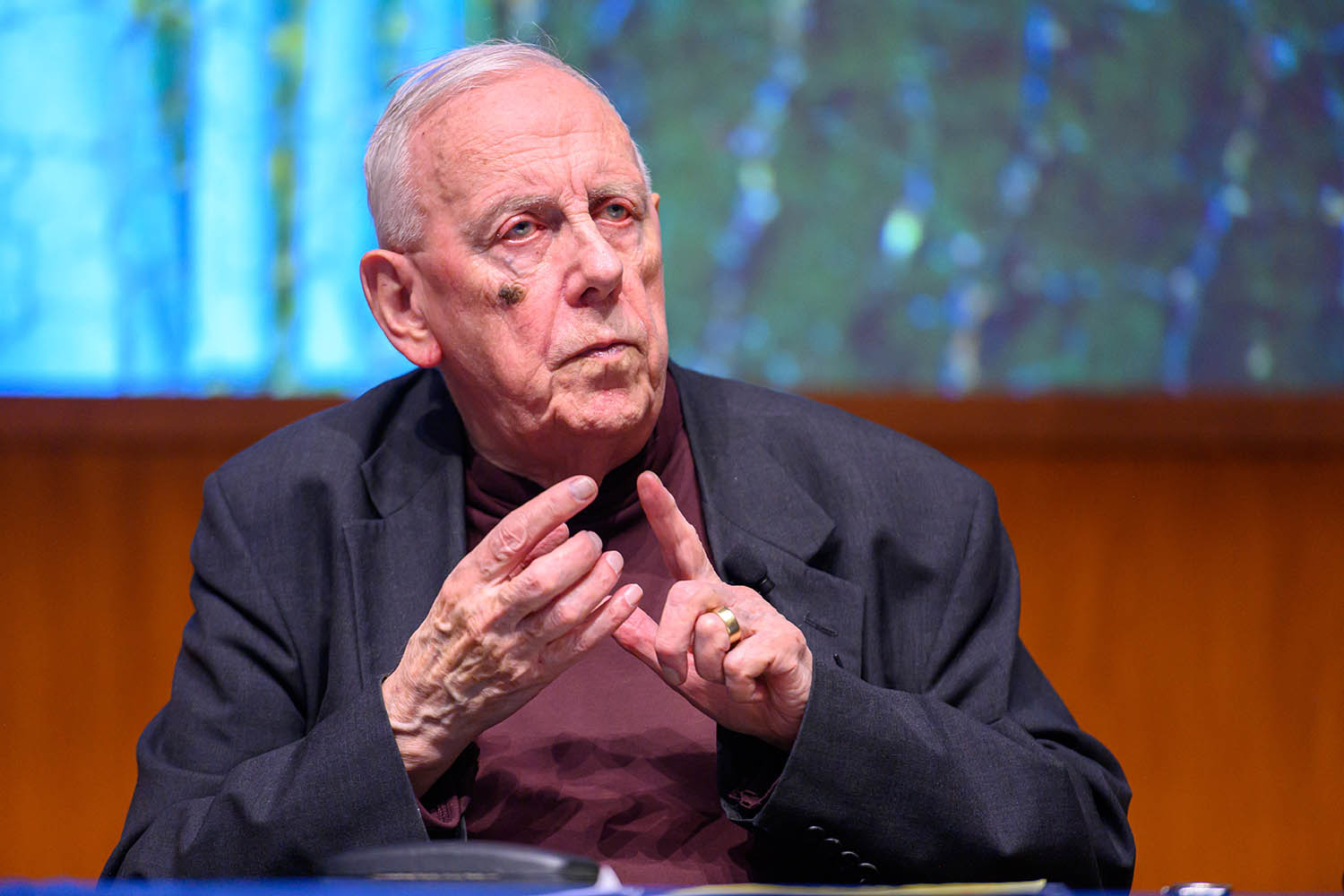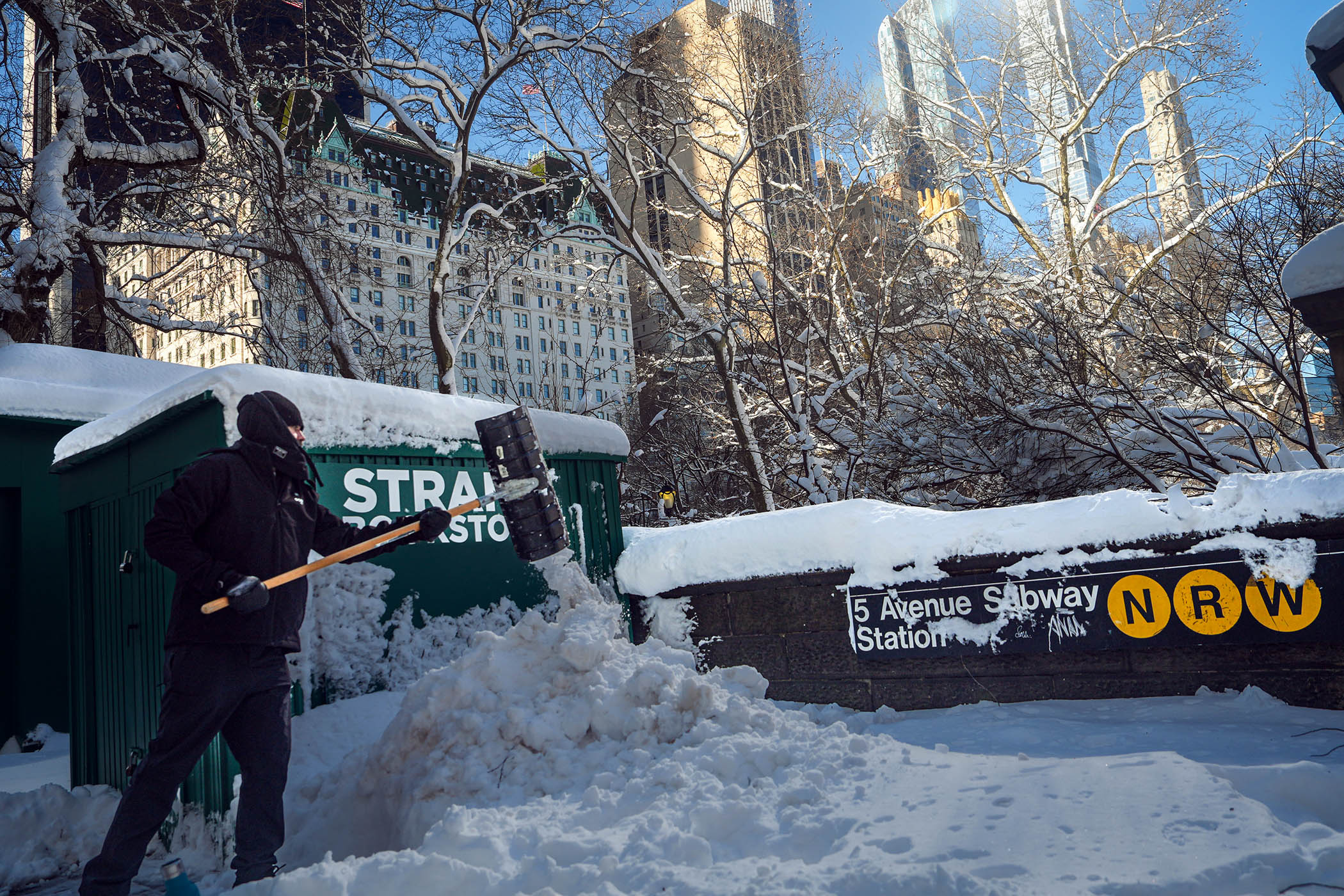“Since I understood liberalism,” Alasdair MacIntyre once told an interviewer, “I have wanted nothing to do with it.”
His death, last month, has robbed us of one of the most important moral philosophers of the past century. Born in Glasgow in 1929, he spent most of his life teaching in America. The issues with which he wrestled – the problems of liberalism, the degradation of moral thinking, the nature of belonging and identity, the significance of culture and tradition – now dominate much contemporary debate.
MacIntyre trod a long and convoluted philosophical path, starting as a Marxist, being drawn in the 1970s to Aristotelian virtue ethics, and eventually converting to Catholicism. Throughout this journey, he observed, “my critique of liberalism is one of the few things that has gone unchanged”.
For MacIntyre, liberalism not only fails adequately to understand an individual’s embeddedness in society but also fractures social bonds through its celebration of individualism and of the market. This argument was trenchantly expressed in his most famous book, After Virtue, published in 1981.
Moral life, MacIntyre argued, has been hollowed out. Everyone uses terms such as “ought” and “should” without really understanding them. The reason is that modernity, and the Enlightenment in particular, cut the moral link between the individual and society. In the premodern world, moral life was rooted in the concept of telos – the belief that human beings, like all objects in the cosmos, exist for a purpose. In human society, telos was defined by one’s role in the community. The purpose of a labourer was different from that of a king; that of a brother from that of a mother. To be good was to act in a way that fulfilled their purpose.
Modernity destroyed such community-defined notions of good and bad. Enlightenment thinkers came to see humans as agents possessing no purpose apart from that created by their own will and desires. Such individual autonomy, MacIntyre argued, created a moral vacuum, turning morality into a form of consumer choice. The only answer was to restore small-scale communities and accept that moral norms make sense solely in the context of particular communities, embedded in particular traditions and histories. Different communities possess different notions of good and bad, and there could be no universal moral values.
It was a provocative and combative argument that, long before contemporary debates about the erosion of communities, the damage caused by “liberal elites” and the voicelessness of working-class communities, diagnosed the problem and sketched a path forward. MacIntyre’s approach appealed to sections of both left and right, the one drawn to his critique of capitalism and defence of working-class communities, the other to his hostility to modernity and his recognition of the spiritual barrenness of today’s world. He has become particularly influential among “postliberal” conservatives such as Patrick Deneen and Sohrab Ahmari, many of whom act as intellectual torchbearers for the Maga movement – though, to the chagrin of his admirers on the right, MacIntyre always distanced himself from them.
The debate over MacIntyre’s “conservatism” reflects in part confusion over the meanings of “left” and “right”. It reflects also the ambiguities of MacIntyre’s work, ambiguities shaped by the very developments he analysed.
Take the question of telos. In the premodern world, the structure of a community and one’s place within it was largely fixed. Through modernity, social structures were no longer given but became a matter for debate. People asked themselves not simply: “What does human flourishing mean?” but also: “How can we change society to allow for human flourishing?” Modernity did not destroy telos but transformed it into a political question.
A key feature of recent decades, though, has been the erosion of faith in politics as a mechanism for change. It is this social pessimism, as much as the jettisoning of the ancient concept of telos, that has given rise to many of today’s moral and social predicaments.
Newsletters
Choose the newsletters you want to receive
View more
For information about how The Observer protects your data, read our Privacy Policy
We can see this in MacIntyre’s own intellectual journey. By the late 1960s, he had come to believe both that capitalism was unbreakable and that, far from being “the agent of social change, the working class turned out to be quiescent and helpless”. He abandoned Marxism and transformed his understanding of “community”, coming to view it as defined primarily by its past. “What I am,” he insisted in After Virtue, is shaped largely by “what I inherit”.
Individual autonomy, he argued, turned morality into consumer choice
Individual autonomy, he argued, turned morality into consumer choice
We can, though, think of communities in a different way, too; not simply as something given but also something created, moulded not just by the constraints of history but also by the possibilities of social change. Movements such as the Chartists or the Suffragettes, organisations such as trade unions or workers’ educational associations, constitute such communities of transformation.
These two ways of imagining communities usually co-exist and are often in fruitful tension with each other. Disenchantment with the idea of social transformation has meant, though, that today we think of communities primarily in terms of the past rather than of the future. Hence the dangerous and divisive tendency to view communities, and define who belongs, in terms primarily of history, ethnicity and identity.
MacIntyre concluded After Virtue with a call to construct “local forms of community within which… intellectual and moral life can be sustained through the new dark ages which are already upon us.” Visible here is both his exaggerated sense of our predicament and the pessimism that underlies it. If we are to challenge the social fragmentation and moral incoherence that MacIntyre so perceptively probed, we need more than simply to hunker down.
Photograph by Matt Cashore/University of Notre Dame



